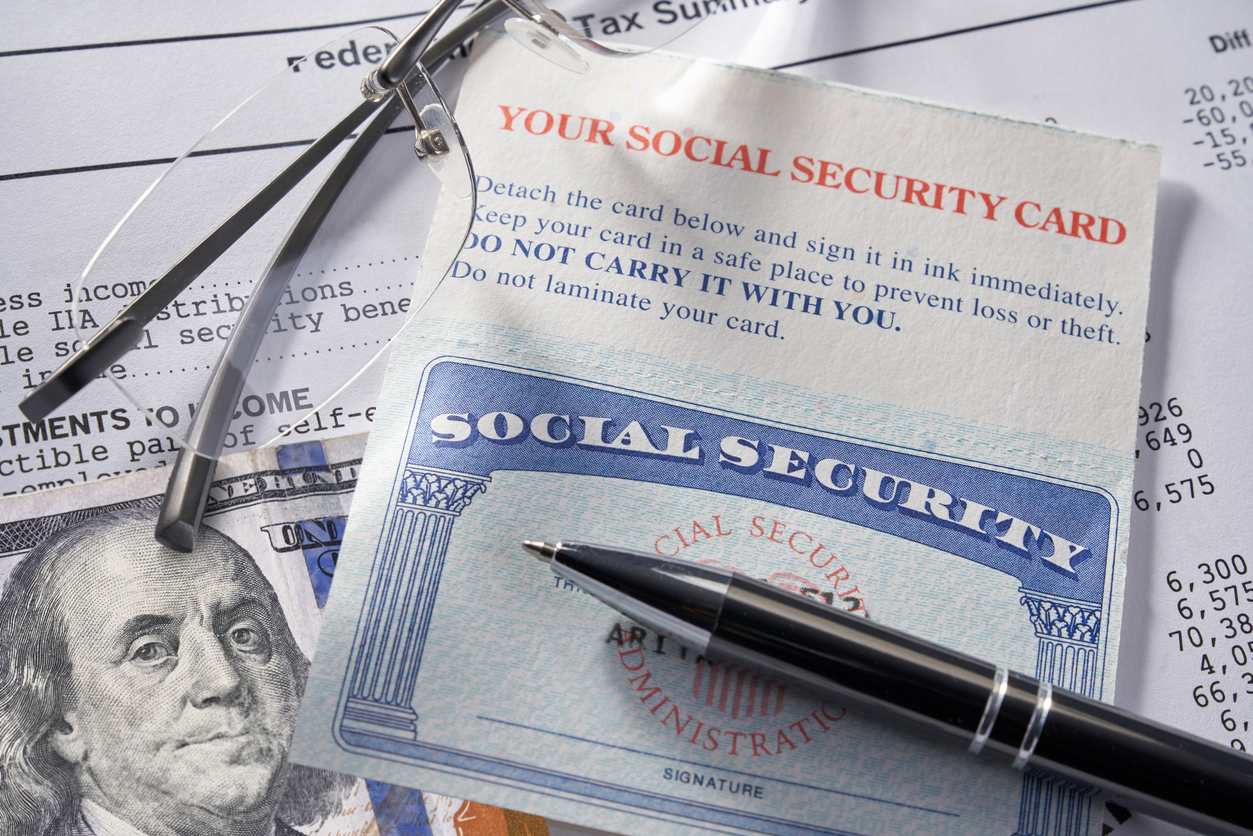
Identity theft happens not just to adults but also to kids. According to a 2021 study, 1 in 50 children was a victim of identity theft – with victims losing $918 million to child identity theft.
Scammers tend to target children because they are "blank slates" and their information is very easy to steal. They don't have a credit history, which also provides identity thieves with a clean slate to establish fraudulent credit and financial activities without being immediately flagged.
Because children are not actively using their credit, identity theft can go undetected for years. Sadly, children don't usually find out about their identity being stolen until they are old enough to apply for a credit card or to buy their first car and run into issues.
Surprisingly, perpetrators aren't usually random strangers on the Internet. Those who steal a child's identity are typically those who know the victim personally.
Here are the top 10 tips for parents to protect their child's identity and steps to take if it's compromised:
More from CafeMom: I Refused To Allow My Daughter's Teacher To Post Pictures of Her Online — Here's Why
Educate Your Child

Teach your child about the importance of keeping personal information private, both online and offline. Let them know what could happen if someone were to take this information.
Ways Identity Thieves Use Your Child’s Information:
Criminals may open bank accounts, credit cards, or loans in the child’s name. They can accrue debts, and these fraudulent activities can negatively affect the child’s credit score when they become adults.
They may use this information to file fraudulent tax returns, claiming the child as a dependent. This can lead to financial losses for the legitimate taxpayer.
Identity thieves may use a child’s information to gain employment. This can lead to issues such as inaccurate income reporting and tax liabilities for the child when they start working.
Stolen identities can be used to obtain medical services, prescriptions, or health insurance coverage. This can result in incorrect medical records and potential health risks for the child.
Monitor Online Activities

Keep an eye on your child’s online activities, including social media, gaming, and school-related platforms. Be familiar with and use the parental controls on the apps your children are using.
Use Privacy Settings

Be informed about the privacy settings on social media platforms and online accounts. Use these settings appropriately to control who can access your child’s personal information.
Use Strong Passwords

Encourage your children to use strong, unique passwords for online accounts, and tell them not to share these with other people. Teach them the importance of password security and give examples of weak and strong passwords.
Be Cautious With Social Security Numbers

Children’s Social Security Numbers are valuable because they are unused. Thieves can use them to open bank accounts, apply for credit, or even obtain medical services without immediate suspicion.
Limit the use of your child’s Social Security Number and provide it only when necessary. Be cautious about sharing it with friends, family members, schools, or other organizations.
Regularly Check Credit Reports

Children typically don’t have a credit history, but it’s a good idea to check for any signs of identity theft. You can contact credit bureaus to inquire about your child’s credit reports.
Secure Personal Documents

Keep important documents, such as birth certificates and Social Security cards, in a secure, locked place at home. Only those who need to know this information should be aware of this spot.
Stay Informed

Keep yourself updated about data breaches and identity theft risks. Be proactive in protecting your child’s information in the aftermath of such incidents.
More from CafeMom: My Daughter Started Playing Online Games & Here’s How I’m Safeguarding Her
Be Wary of Phishing Attempts

Teach your child to recognize phishing attempts and suspicious emails. Advise them not to click on links or provide personal information unless they are completely sure of the source.
Report Suspected Identity Theft

If you suspect your child’s identity has been stolen, report it immediately to the relevant authorities, including the Federal Trade Commission. File a complaint with the FTC and create an Identity Theft Report.
In case of identity theft, act promptly to minimize damage. Notify law enforcement, credit bureaus, and affected institutions.
Consider placing a credit freeze on your child’s credit to prevent further unauthorized activities. You should also regularly monitor their accounts and credit reports for unusual activity.
Preventing child identity theft is crucial in the digital age. Parents must be vigilant in protecting their children’s personal information and regularly monitor for any signs of identity theft. By doing so, they can take preventive measures and report any suspicious activities promptly.







